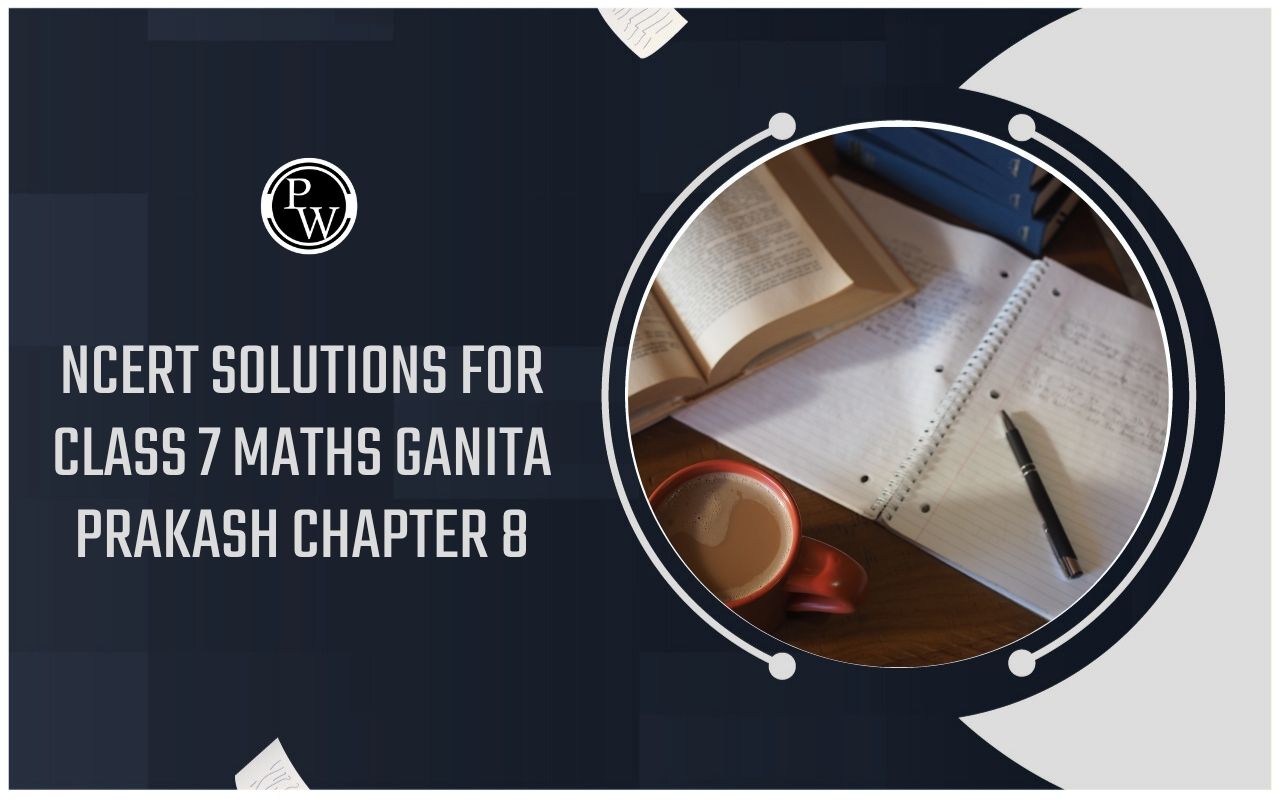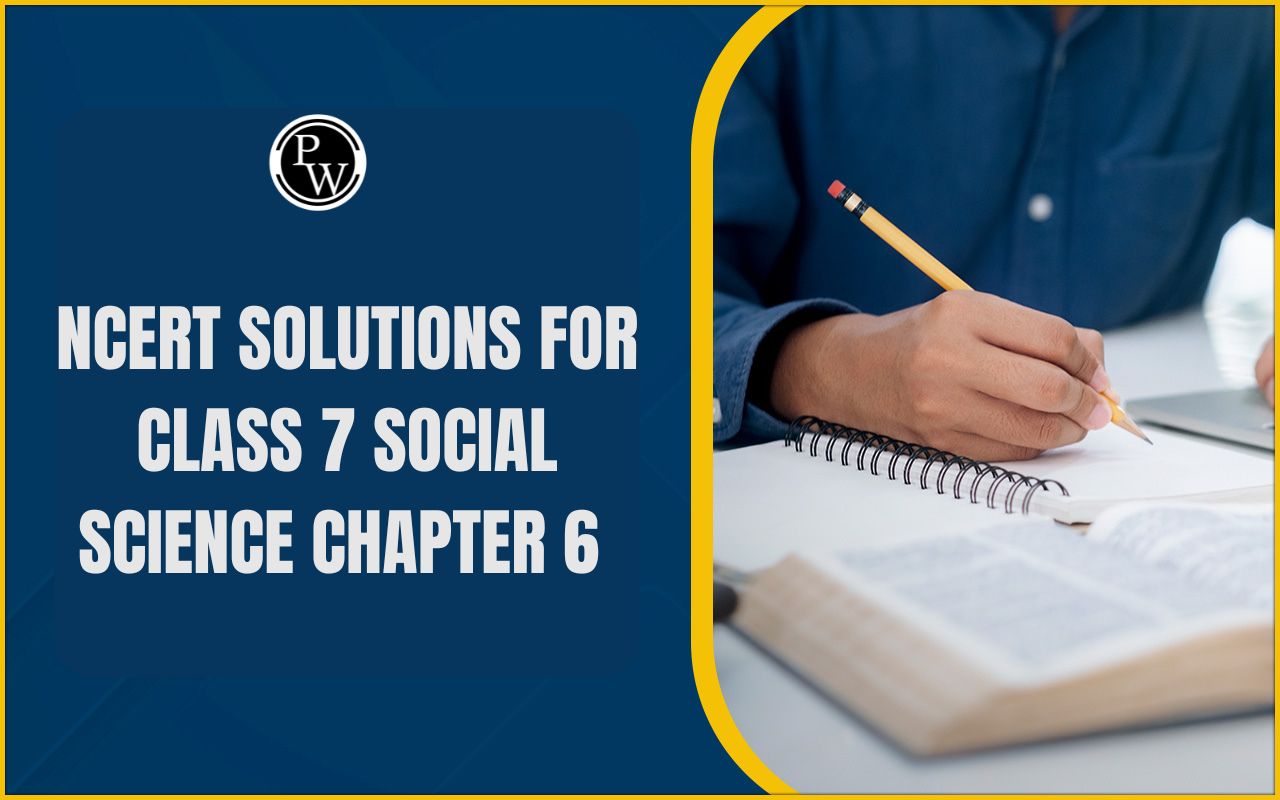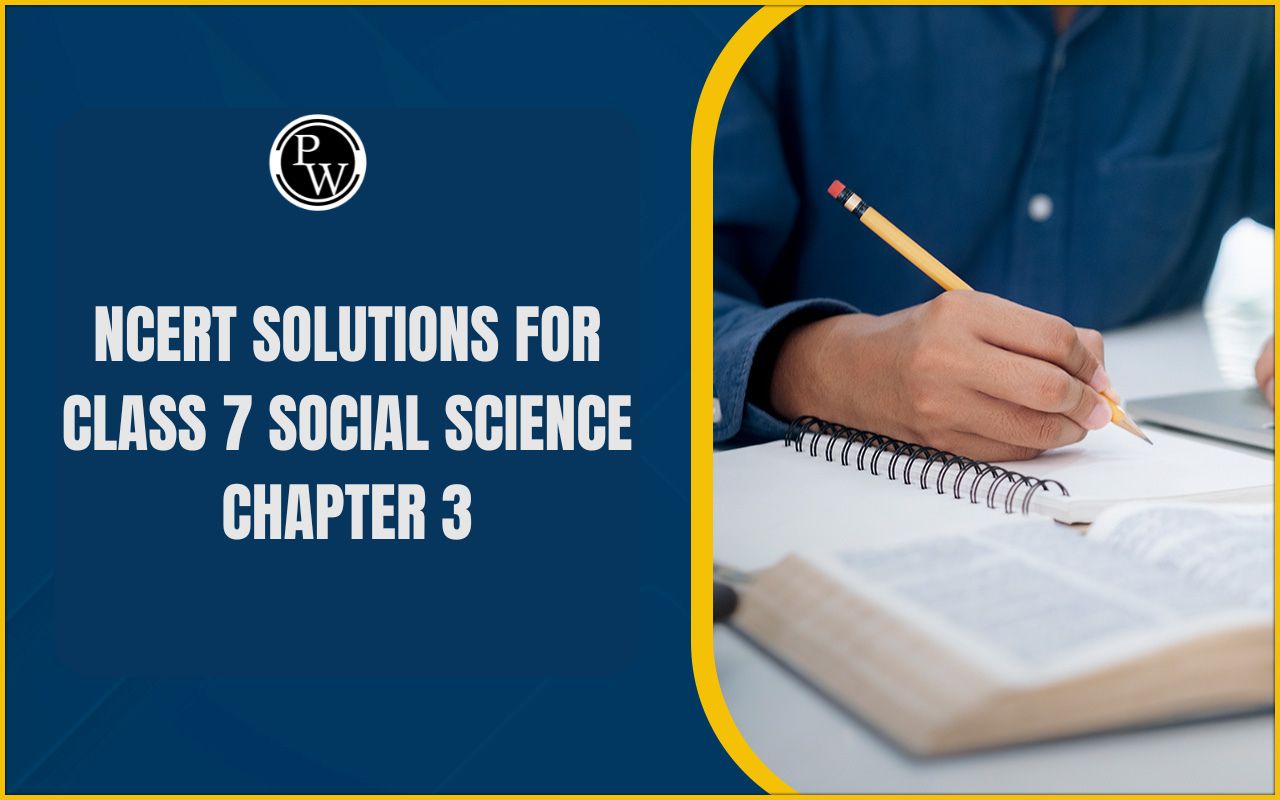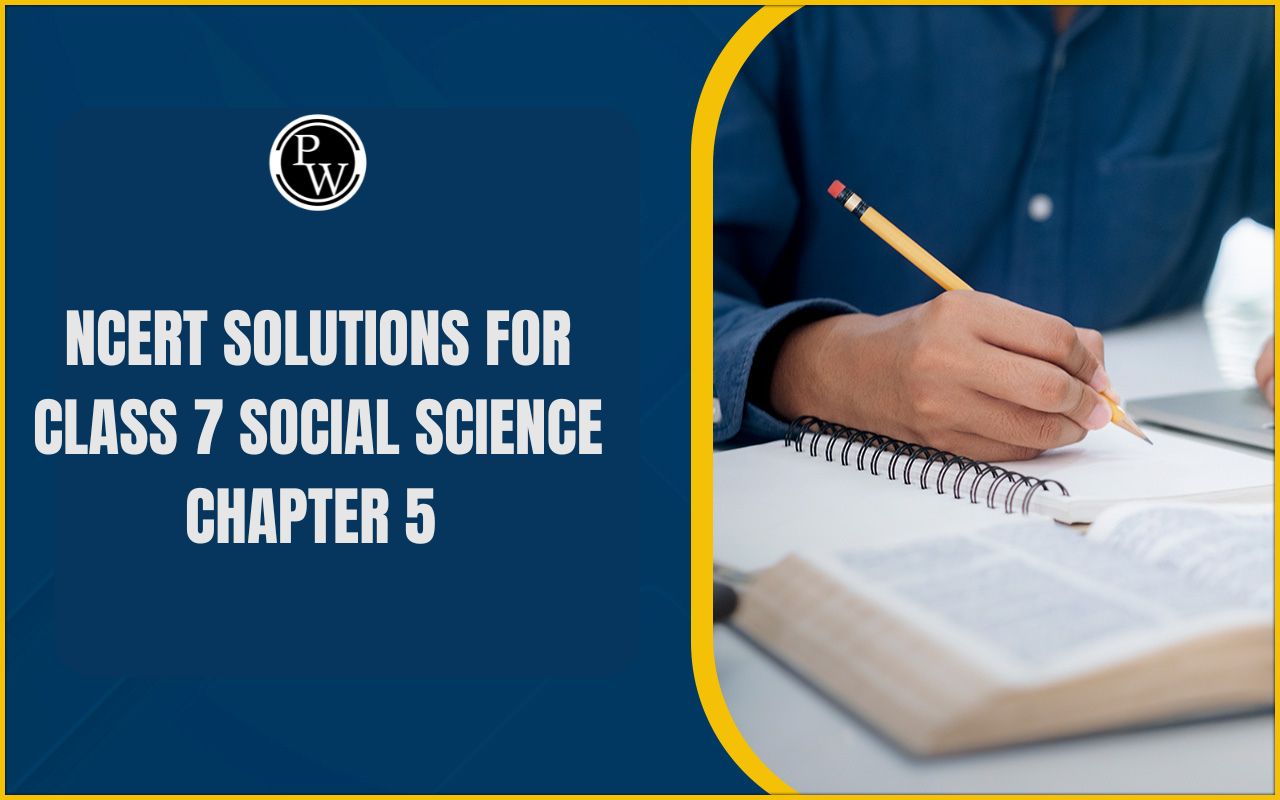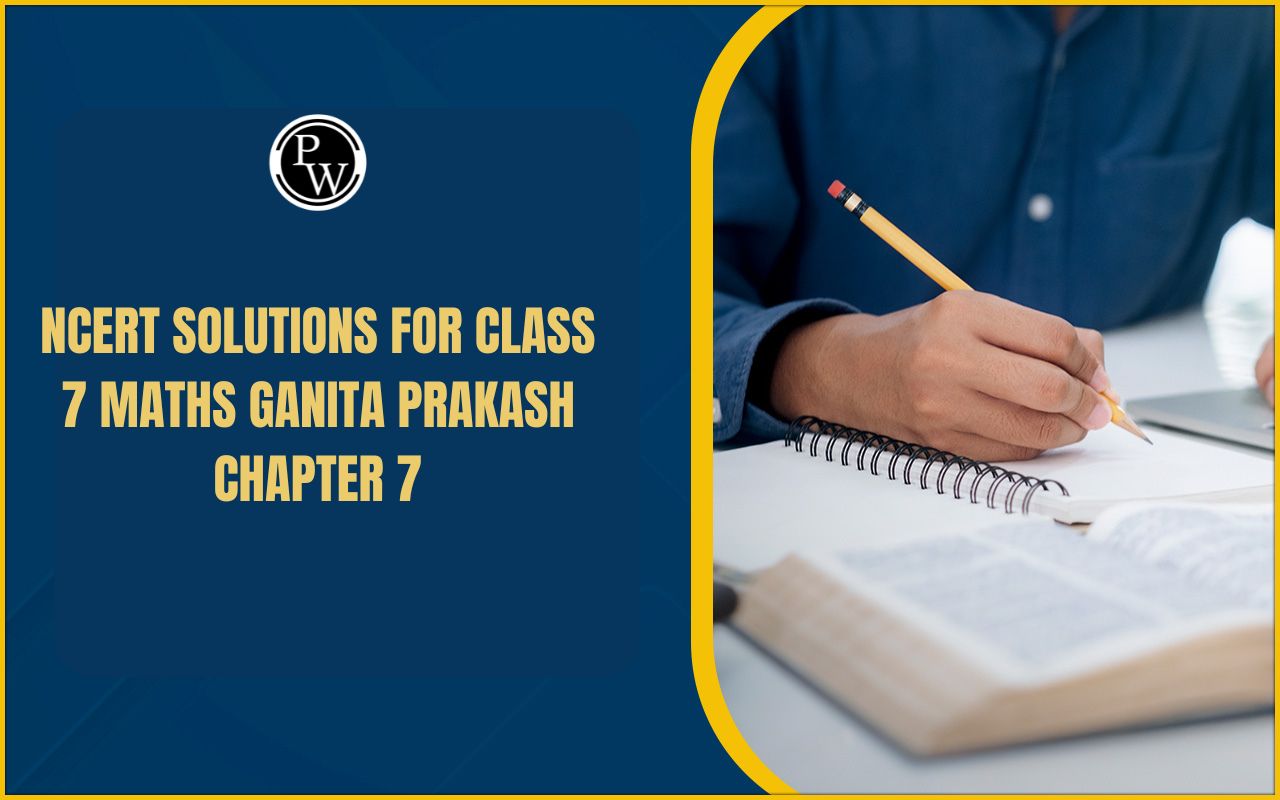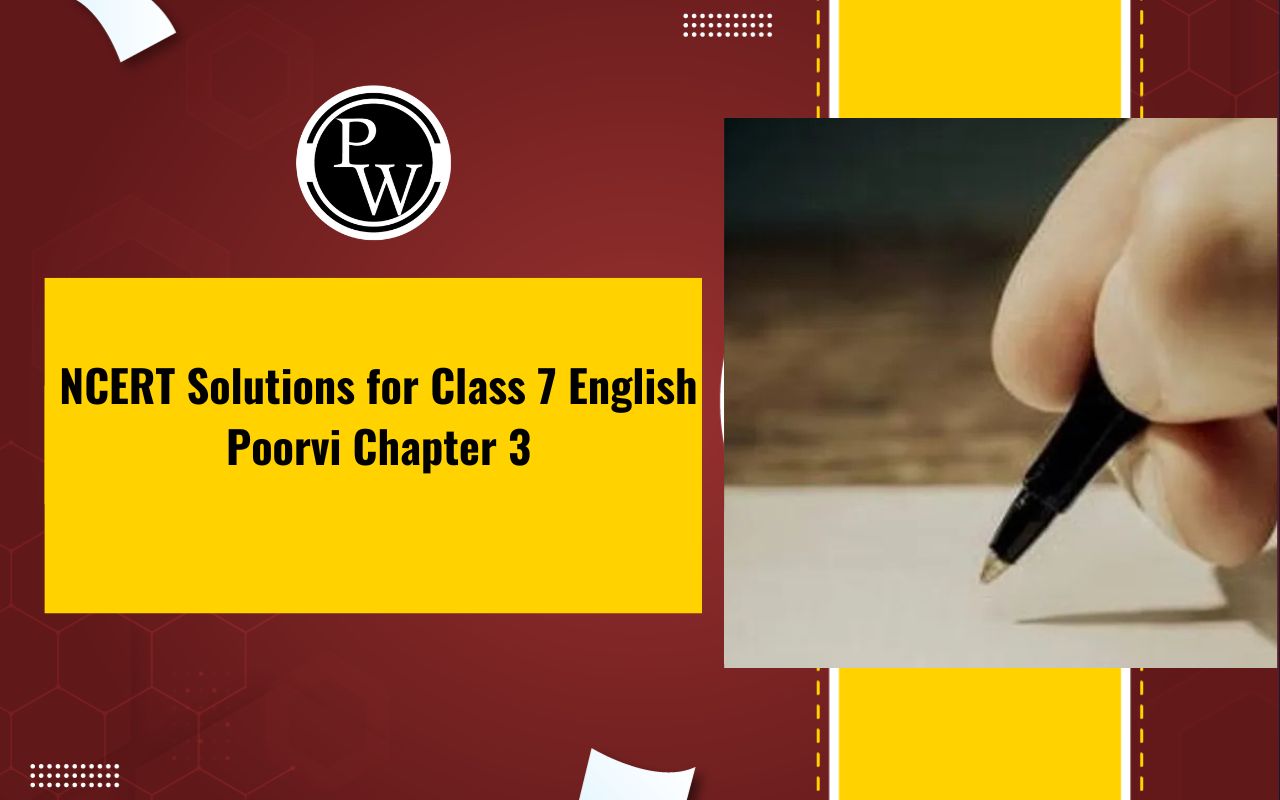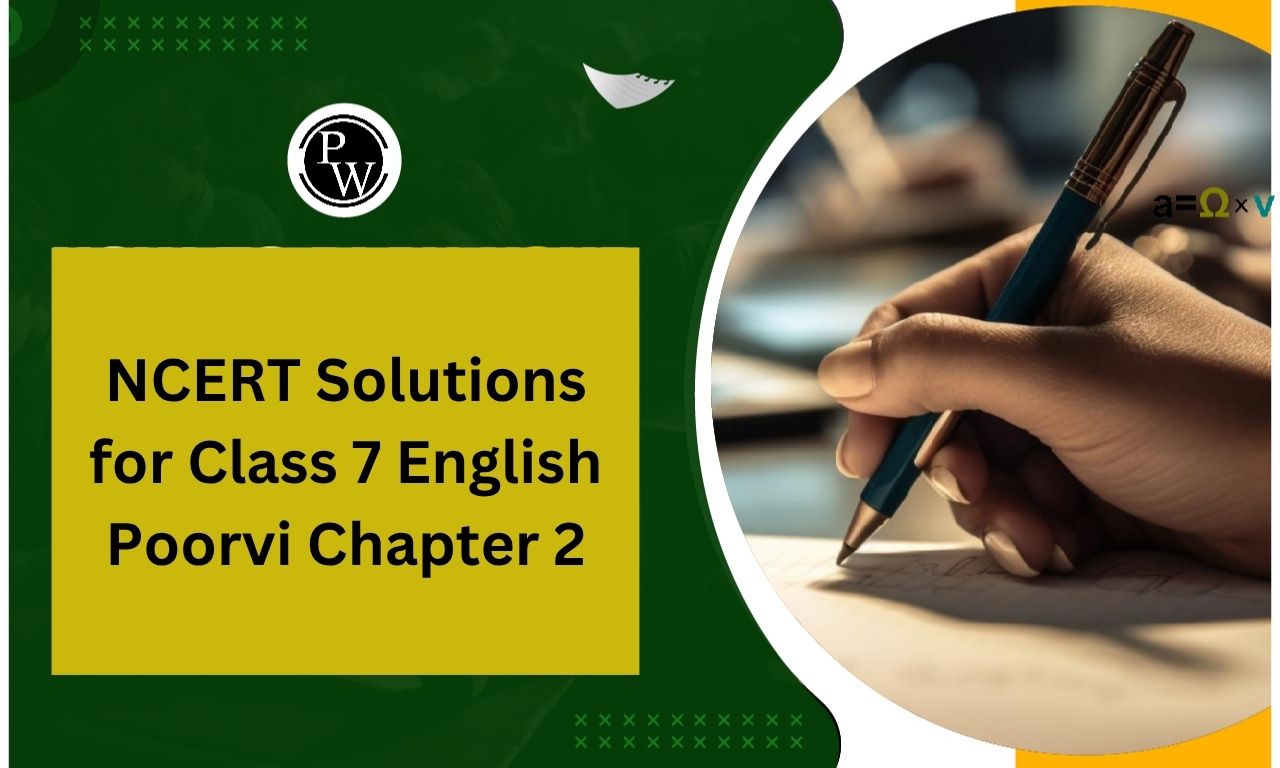
NCERT Solutions for Class 7 English Honeycomb Chapter 9
NCERT Solutions for Class 7 English Honeycomb Chapter 9: On this page, we have provided NCERT Solutions for Class 7 English Honeycomb Chapter 9 A Bicycle in Good Repair of the Honeycomb textbook. These NCERT Solutions for Class 7 are created by our subject experts, following the guidelines set by the CBSE board. "A Bicycle in Good Repair" is a funny chapter where the writer tells a story about his friend who ruins his bicycle while trying to fix it unnecessarily. Even though the writer advises him that the bicycle is fine as it is, his friend insists on fixing it.CBSE Board Exam Centre List 2024
NCERT Solutions for Class 7 English Honeycomb Chapter 9 A Bicycle in Good Repair
NCERT Solutions for Class 7 English Honeycomb Chapter 9 can help CBSE Class 7 students a lot with their exam preparations. Here are the solutions in a simple and easy-to-understand way:Comprehension Check
Answer the following questions: Question 1. “I got up early, for me.” It implies that(i) he was an early riser.
(ii) he was a late riser.
(iii) he got up late that morning.
Mark the correct answer.
Answer: (ii) he was a late riser. Question 2 . The bicycle “goes easily enough in the morning and a little stiffly after lunch.” The remark is _________.(i) humorous.
(ii) inaccurate.
(iii) sarcastic.
(iv) enjoyable.
(v) meaningless.
Mark your choice(s).
Answer: (i) humorous Question 3 . The friend shook the bicycle violently. Find two or three sentences in the text which express the author’s disapproval of it. Answer: The sentences in the text which express the author’s disapproval of it are: “Don’t do that; you’ll hurt it.” “It doesn’t if you don’t wobble it.” “Don’t you trouble about it anymore” Question 4 . “…if not, it would make a serious difference to the machine.” What does ‘it’ refer to? Answer: “…if not, it would make a serious difference to the machine.” It refers to the ball bearings of the bicycle.| CBSE Syllabus Class 7 | |
| CBSE Class 7 English Syllabus | CBSE Class 7 Math Syllabus |
| CBSE Class 7 Social Science Syllabus | CBSE Class 7 Science Syllabus |
Working with the text
Answer the following questions. Question 1 . Did the front wheel really wobble? What is your opinion? Give a reason for your answer. Answer: No, the front wheel did not wobble much. We can say so because the author says “It didn’t wobble, as a matter of fact—nothing worth calling a wobble.” Question 2. In what condition did the author find the bicycle when he returned from the tool shed? Answer: When the author returned from the tool shed, he saw that his friend was sitting on the ground with the front wheel of the bicycle between his legs. He was playing with it, twiddling it round between his fingers, and the rest was lying on the gravel path beside him. Question 3. “Nothing is easier than taking off the gear-case.” Comment on or continue this sentence in light of what actually happens. Answer: The author’s friend says, “Nothing is easier than taking off the gear-case.” The author warns him that he had heard from one of his experienced friends that, “If anything goes wrong with your gear-case, sell the machine and buy a new one; it comes cheaper.” The author’s friend doesn’t take it seriously and continues to take off the gear-case. Later, he struggles and is unable to put back the gear-case in its proper place. Question 4. What special treatment did the chain receive? Answer: The author’s friend tightened the chain so much that it stopped moving completely. Then he began to loosen it. He loosened it until it became twice as loose as it was before. Question 5. The friend has two qualities — he knows what he is doing and is absolutely sure it is good. Find the two phrases in the text which mean the same. Answer: The two phrases in the text which mean the same are:- Cheery confidence
- Inexplicable hopefulness
Working with language
Question 1. Read the following sentences.- We should go for a long bicycle ride.
- I ought to have been firm.
- We mustn’t lose any of them.
- I suggested that he should hold the fork, and that I should handle the wheel.
The words in italics are modal auxiliaries. Modal auxiliaries are used with verbs to express notions such as possibility, permission, willingness, obligation, necessity, etc. ‘Should,’ ‘must’ and ‘ought to’ generally express moral obligation, necessity and desirability.
Look at the following.
- We should go on a holiday. (Suggestion: It is a good idea for us to go on a holiday.)
- He is not too well these days. He must see a doctor before he becomes worse. (Compulsion or necessity: It is absolutely essential or necessary for him to see a doctor.)
- You ought to listen to me. I am well over a decade older than you. (more empathic than ‘should’: Since I am older than you, it is advisable that you listen to me.)
Note: ‘Should’ and ‘ought to’ are often used interchangeably.
Rewrite each of the following sentences using should/ ought to/must in place of the italicised words. Make other changes wherever necessary.
(i) You are obliged to do your duty irrespective of the consequences.
(ii) You will do well to study at least for an hour every day.
(iii) The doctor says it is necessary for her to sleep eight hours every night.
(iv) It is right that you show respect towards elders and affection towards youngsters.
(v) If you want to stay healthy, exercise regularly.
(vi) It is good for you to take a walk every morning.
(vii) It is strongly advised that you don’t stand on your head.
(viii) As he has a cold, it is better for him to go to bed.
Answer: (i) You must do your duty irrespective of the consequences. (ii) You should study at least for an hour every day. (iii) The doctor says it is a must for her to sleep eight hours every night. (iv) You ought to show respect towards elders and affection towards youngsters. (v) If you want to stay healthy, you must exercise regularly. (vi) You should take a walk every morning. (vii) You must not stand on your head. (viii) As he has a cold, he should go to bed. Question 2:
Use should/must/ought to appropriately in the following sentences.
Question 2:
Use should/must/ought to appropriately in the following sentences.
(i) People who live in glass houses ________ do not throw stones.
(ii) You ________ wipe your feet before coming into the house, especially during the rains.
(iii) You ________ do what the teacher tells you.
(iv) The pupils were told that they ________ write more neatly.
(v) Sign in front of a park: You ________ not walk on the grass.
(vi) You ________ be ashamed of yourself having made such a remark.
(vii) He left home at 9 o’clock. He ________ be here any minute.
(viii) “Whatever happened to the chocolate cake?”
“How ________ I know? I have just arrived.
Answer: (i) People who live in glass houses shouldn't throw stones. (ii) You must wipe your feet before coming into the house, especially during the rains. (iii) You must do what the teacher tells you. (iv) The pupils were told that they should write more neatly. (v) Sign in front of a park: You must not walk on the grass. (vi) You ought to be ashamed of yourself for having made such a remark. (vii) He left home at 9 o’clock. He should be here any minute. (viii) “Whatever happened to the chocolate cake?” “How should I know? I have just arrived.Read the following.
I made an effort, and was pleased with myself.
This sentence is in fact a combination of two sentences.
- I made an effort.
- I was pleased with myself.
Now read this sentence.
I did not see why he should shake it.
This is also a combination of two sentences.
- I did not see (it).
- Why should he shake it?
Divide each of the following sentences into its parts. Write meaningful parts. If necessary, supply a word or two to make each part meaningful.
(i) I went to the tool shed to see what I could find. (3 parts)
(ii) When I came back he was sitting on the ground. (2 parts)
(iii) We may as well see what’s the matter with it, now it is out. (3 parts)
(iv) He said he hoped we had got them all. (3 parts)
(v) I had to confess he was right. (2 parts)
Answer: (i) I went to the tool shed to see what I could find. (3 parts) I went to the tool shed. I went (there) to see. What I could find. (ii) When I came back he was sitting on the ground. (2 parts) I came back. He was sitting on the ground. (iii) We may as well see what’s the matter with it, now it is out. (3 parts) We may as well see. What is the matter with it? Now it is out. (iv) He said he hoped we had got them all. (3 parts) He said. He hoped. We had got them all. (v) I had to confess he was right. (2 parts) I had to confess. He was right. Question 4: ‘en’ acts as a prefix (put at the beginning) or as a suffix (put at the end) to form new words.encourage = encourage
weak + en = weaken
‘en’ at the beginning or at the end of a word is not always a prefix or a suffix. It is then an integral part of the word.
ending
barren
(i) Now arrange the words given in the box under the three headings — prefix, suffix and part of the word.
encourage dampen listen
barren endanger soften
fasten enclose weaken
even enable enclave
en (prefix) en (suffix) en (part of word)
_______ _______ _______
_______ _______ _______
_______ _______ _______
_______ _______ _______
(ii) Find new words in your textbook and put them under the same headings.
Answer:(i)
en (prefix) en (suffix) en (part of word) encourage dampen listen endanger soften barren enable weaken even enclose fasten enclave (ii) evening garden enough when between dozen tighten loosen end ten open forgotten sudden en (prefix): endangered, enact, entrap. en (suffix): tighten, loosed, forgotten. en (part of word): evening, garden, enough, when, dozen, end, ten, open, sudden.NCERT Solutions for Class 7 English Honeycomb Chapter 9 PDF
Benefits of NCERT Solutions for Class 7 English Honeycomb Chapter 9
NCERT Solutions for Class 7 English Honeycomb Chapter 9 offer numerous benefits for students studying English at this level. Here are some detailed benefits: 1. Comprehensive Understanding : The NCERT solutions provide a comprehensive understanding of the chapter. They break down complex topics into simpler concepts, making it easier for students to grasp the essence of the lesson. 2. Clarity of Concepts : By providing step-by-step solutions, the NCERT solutions help students achieve clarity of concepts. This clarity is crucial for building a strong foundation in English language and literature. 3. Enhanced Learning : The solutions are designed to enhance learning by providing additional explanations, examples, and insights. This helps students deepen their understanding of the text and its themes. 4. Improved Reading Skills : Chapter 9 of Honeycomb focuses on the story "A Bicycle in Good Repair". The solutions aid students in improving their reading skills by offering explanations of the text, helping them analyse the plot, characters, and themes effectively. 5. Language Proficiency : With detailed explanations of grammar, vocabulary, and writing styles used in the chapter, the solutions contribute to improving students' language proficiency. They learn how to use language effectively and correctly in various contexts. 6. Better Performance in Exams : NCERT solutions are crafted to align with the CBSE curriculum. Therefore, using these solutions can help students prepare more effectively for exams. They get acquainted with the types of questions likely to be asked and learn how to frame their answers appropriately. 7. Self-assessment and Practice : The solutions include exercises and practice questions that allow students to assess their understanding of the chapter. Through self-assessment, they can identify areas where they need more practice and focus their efforts accordingly. 8. Time-saving : With clear and concise solutions readily available, students save time that they might otherwise spend searching for explanations or clarification of doubts. This time-saving aspect is beneficial, especially during exam preparation or when revising multiple chapters. 9. Encourages Critical Thinking : The solutions often include questions that encourage critical thinking and analysis. This helps students develop higher-order thinking skills and fosters a deeper engagement with the text. 10. Promotes Self-study : NCERT solutions empower students to engage in self-study effectively. They can refer to these solutions independently, reinforcing what they've learned in the classroom and taking ownership of their learning process.NCERT Solutions for Class 7 English Honeycomb Chapter 9 FAQs
How can I effectively use NCERT Solutions for Chapter 9 during self-study?
Do NCERT Solutions provide explanations for every question in Chapter 9?
Can I rely solely on NCERT Solutions for Chapter 9 or should I use other study materials as well?
How can I use NCERT Solutions to improve my writing skills for Chapter 9?
Do NCERT Solutions for Chapter 9 include explanations for literary devices used in the text?

